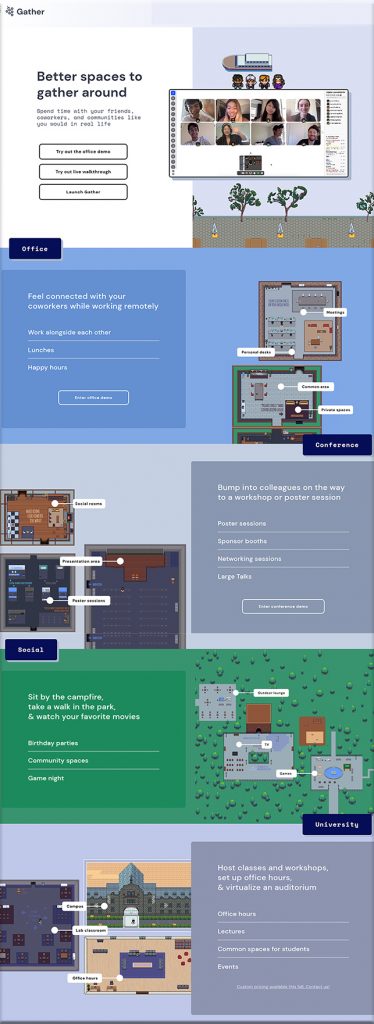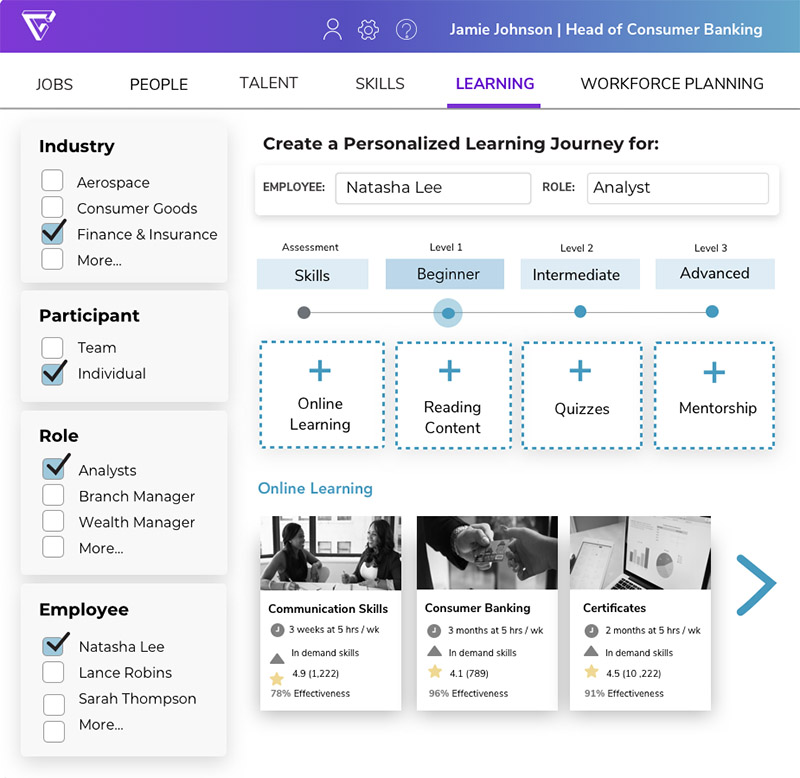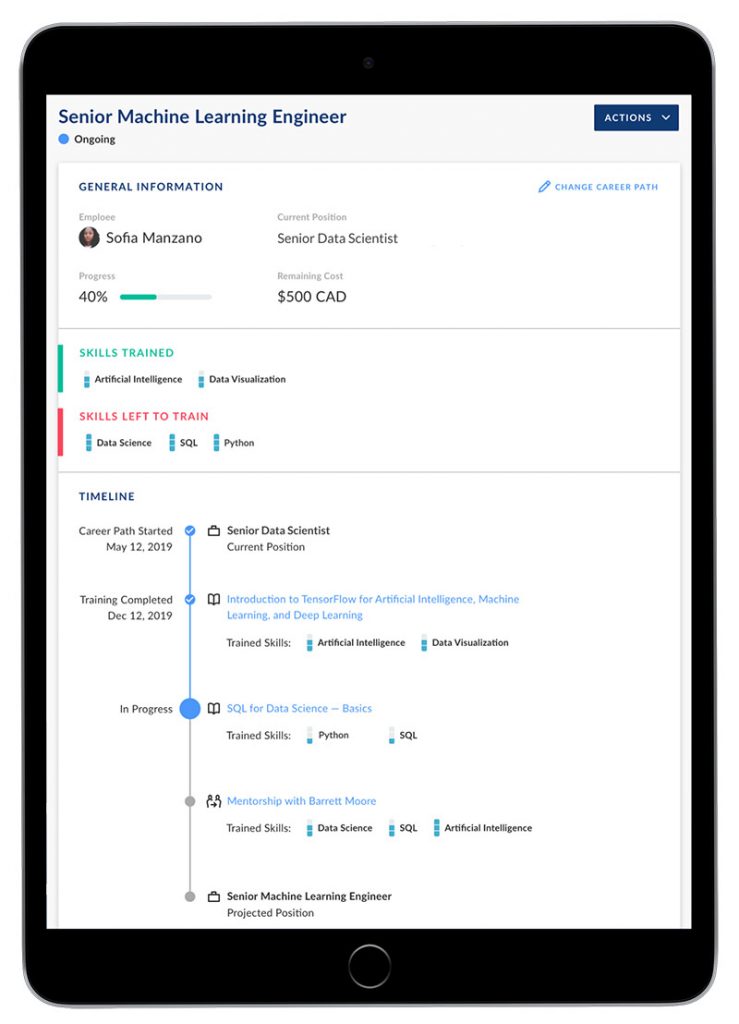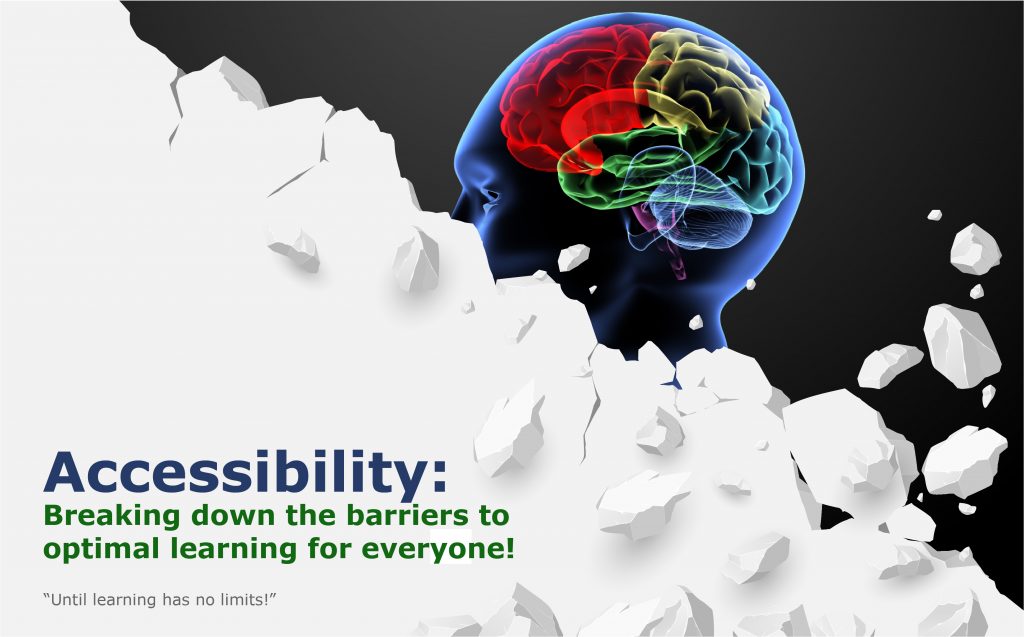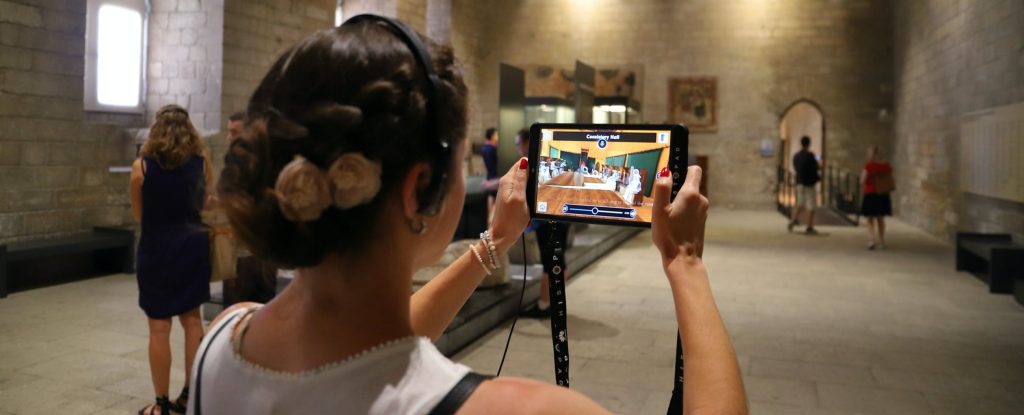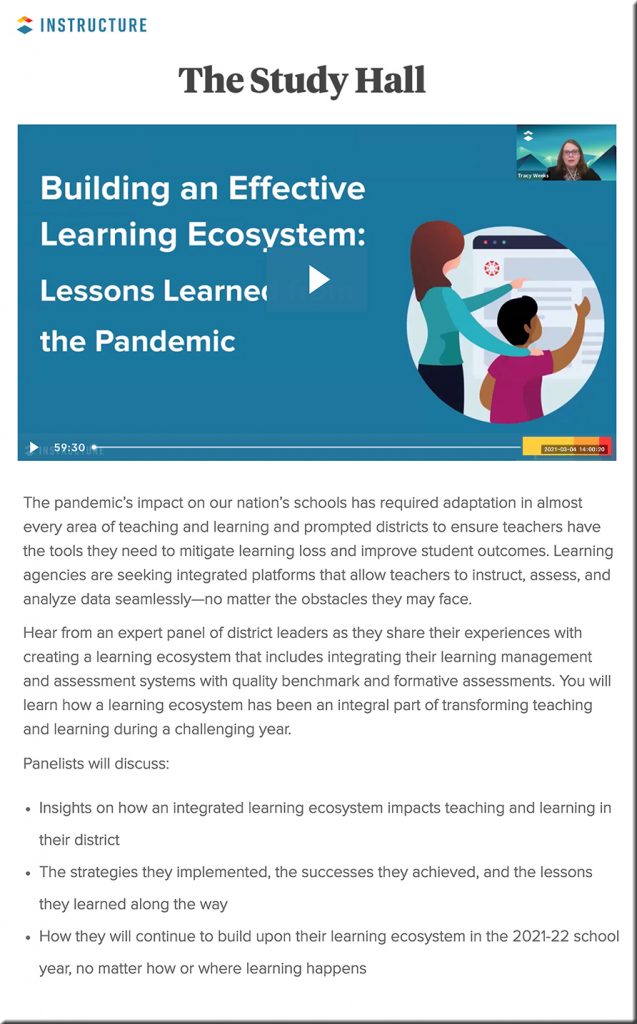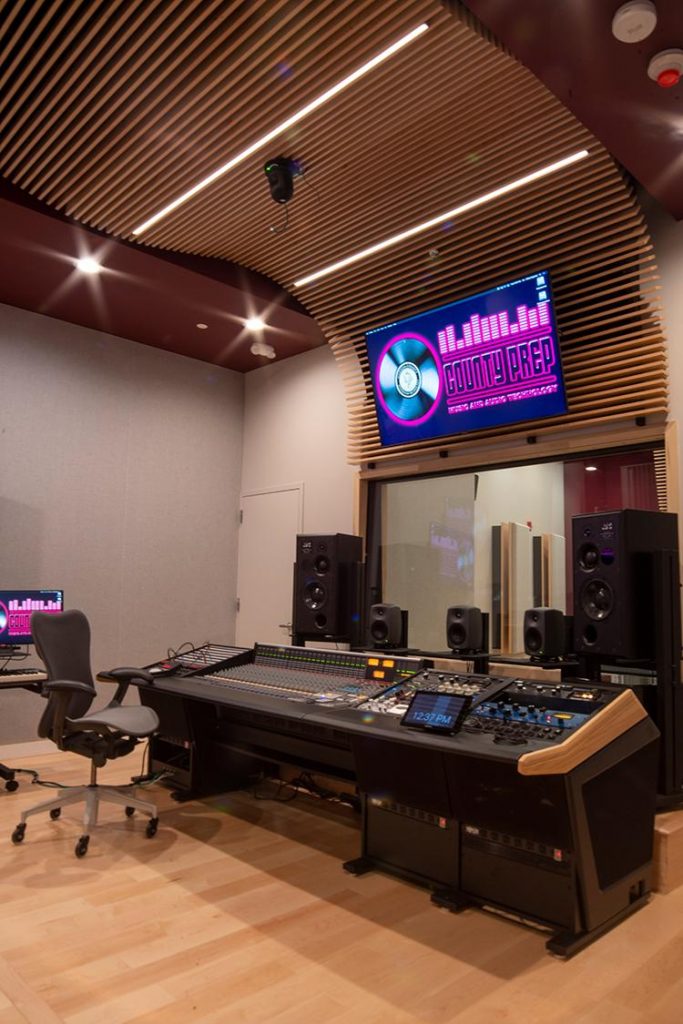What if we could create these kinds of calendars and/or apps for faculty and staff as well as for students? — idea from Daniel Christian. The vehicles could be developed as analog/physical formats or in digital formats and apps. In the digital realm, one could receive a daily notification.
For faculty/staff:
- Teaching and learning tips; pedagogies (flipped learning, active learning, etc.); ideas that have worked well for others
- Creative experiments to try (such as digital storytelling or with an emerging technology such as AR, MR, or VR)
- Tips & tricks re: tools within the learning ecosystem of one’s organization
- How to make digital content that’s accessible
- Items re: bias, diversity, equity & inclusion
- Dates to be aware of (for processes on one’s LMS/CMS as an example)
- Notes of encouragement and/or humor
- Links to key resources
- Other
[The Corporate Training / L&D world could do this as well.]
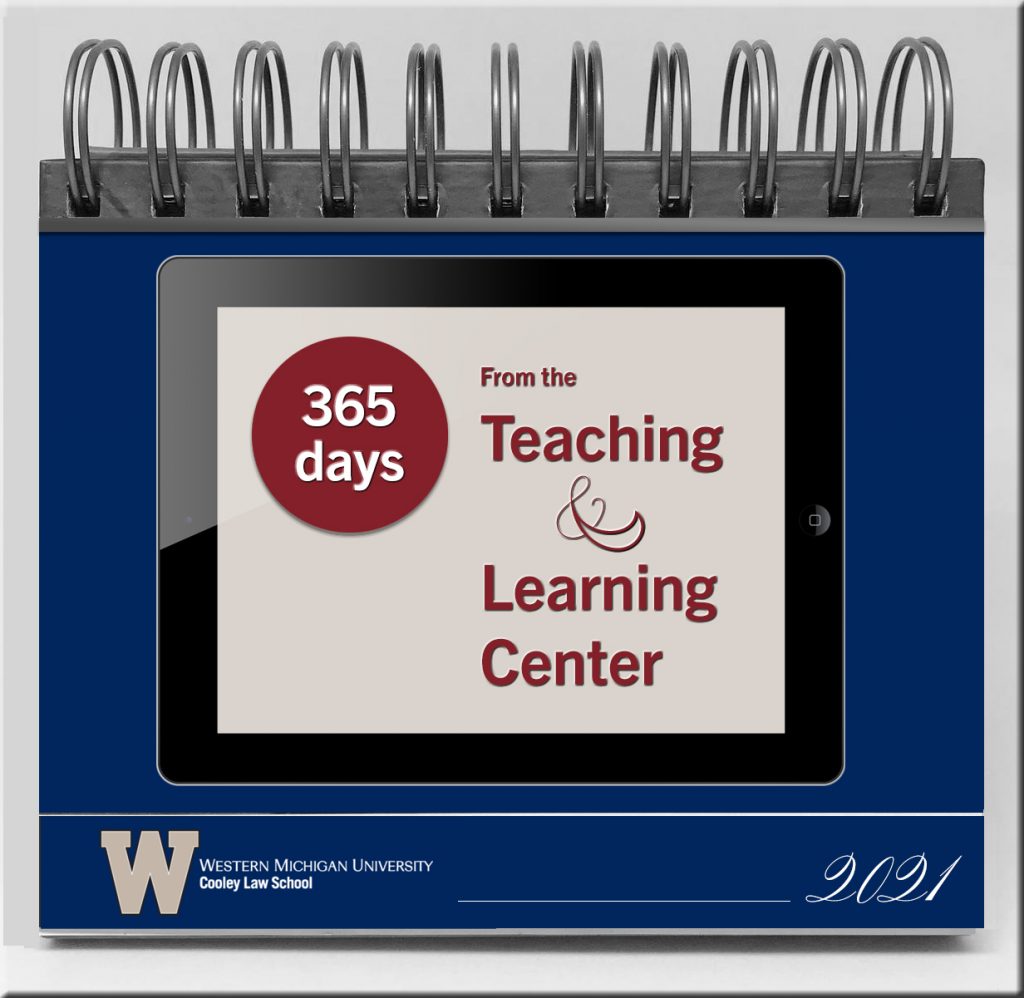
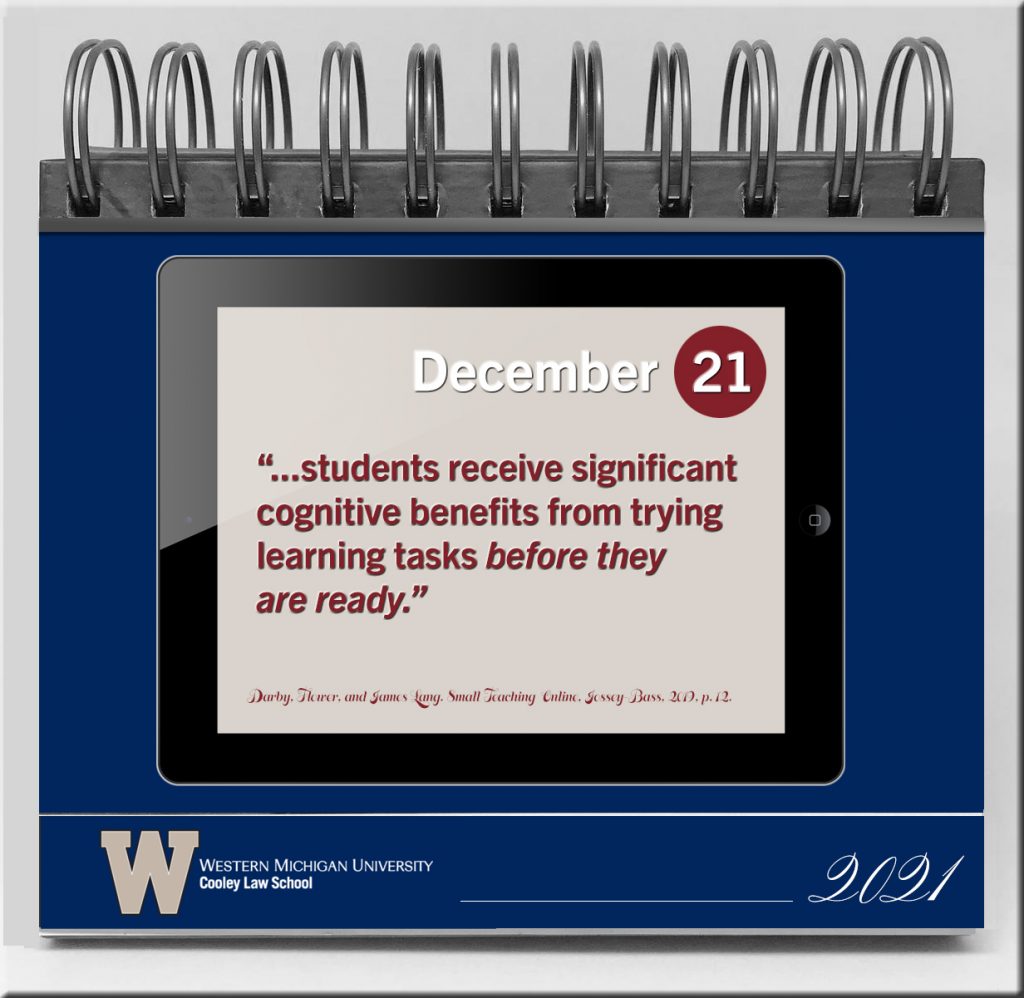
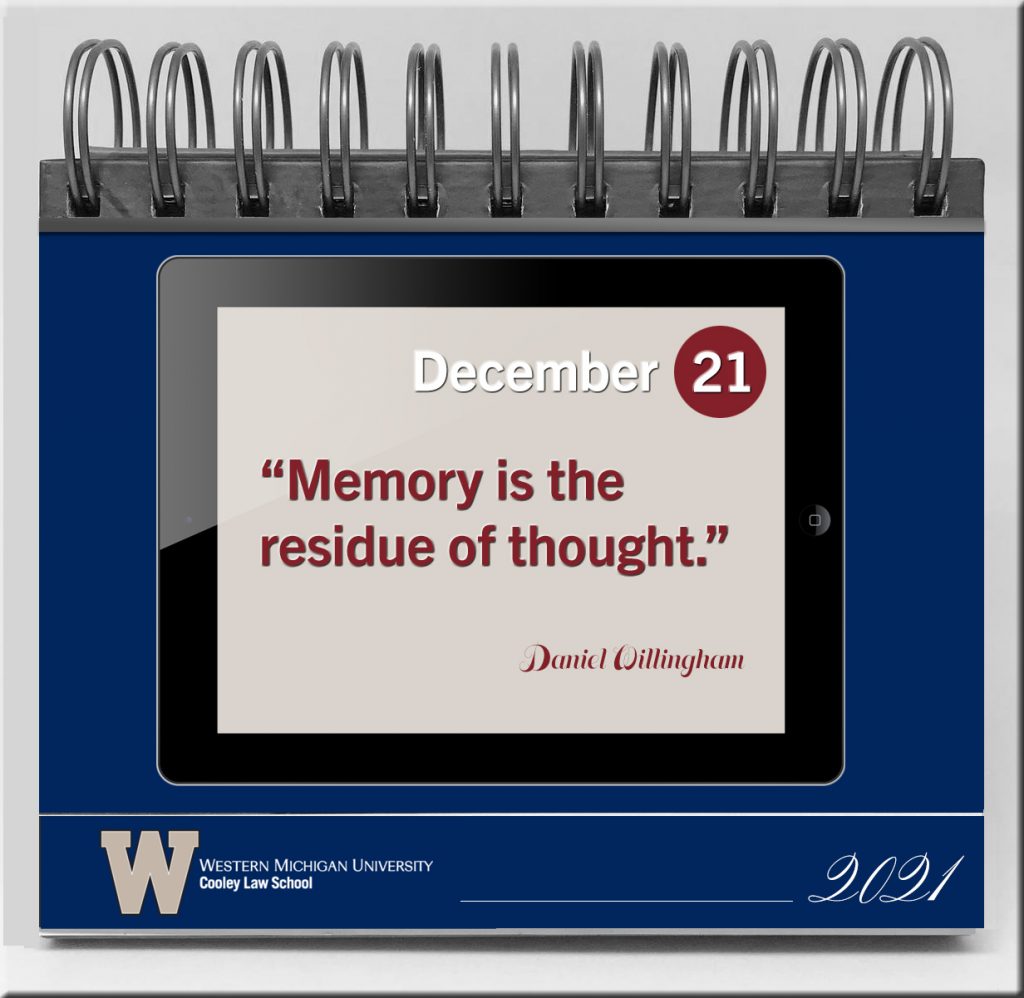
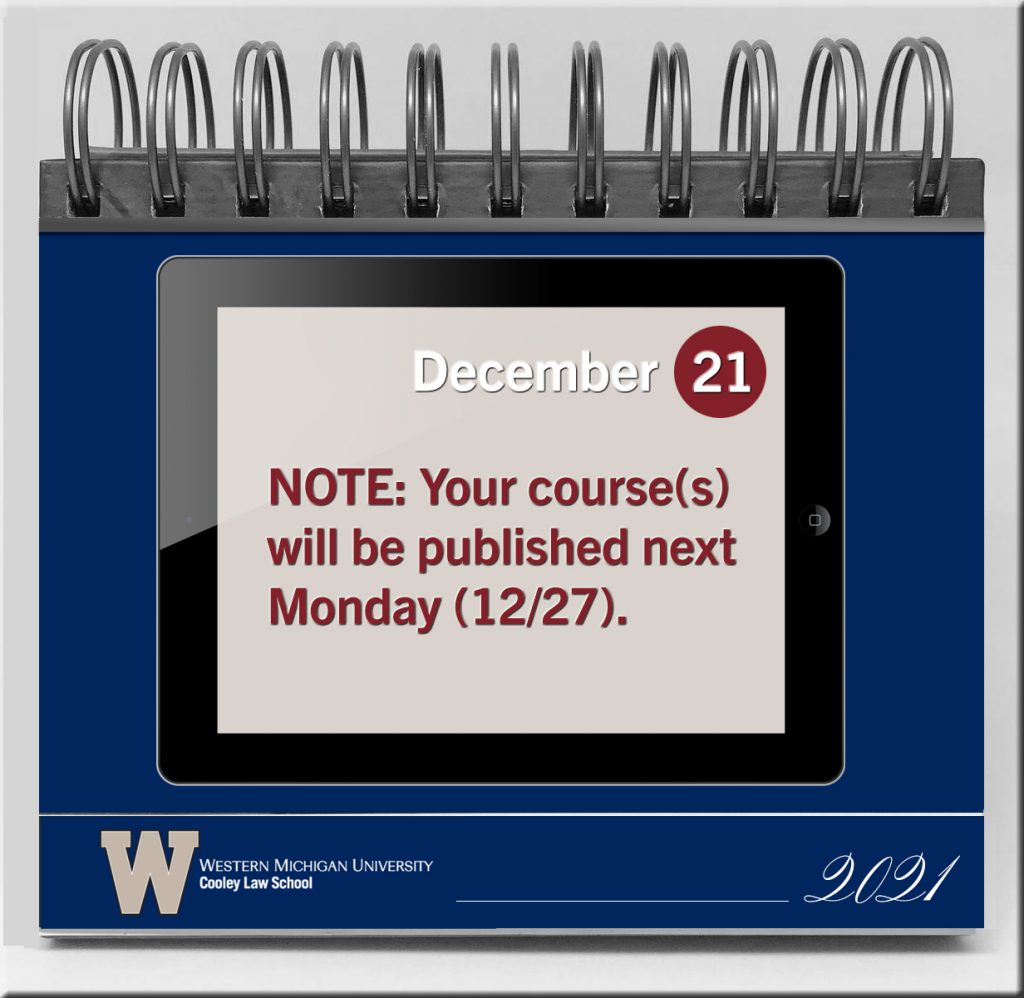
For students
- Studying tips
- How to take courses online
- How people learn
- Resources, books, people to follow on Twitter, blogs and RSS feeds, etc.
- Pictures of judges, legislative bodies, law offices, corporate HQs, other
- Notes of encouragement
- Ethics
- Professionalism
- Other









